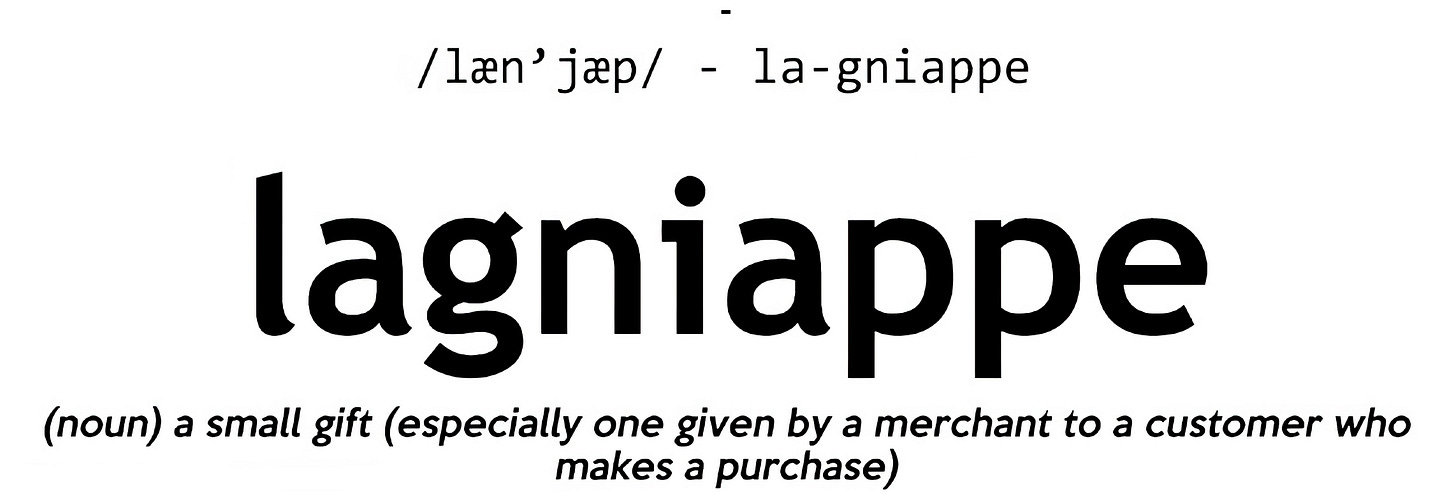The Imminent Threat: Will Hezbollah’s Entry Spark a Wider War in the Middle East?
Retired General Frank McKenzie Warns of Lebanon’s Hezbollah Escalating the Conflict with Israel, Risking Regional Stability... Is a new war on our doorstep?
Retired Gen. Frank McKenzie, the former commander of U.S. Central Command, predicted on "Face the Nation.”
The Imminent Threat: How Hezbollah’s Entry Could Spark a Wider War in the Middle East
In a recent interview on CBS’ “Face the Nation”, retired General Frank McKenzie, former commander of U.S. forces in the Middle East, warned of the severe threat looming over the region as Lebanese Hezbollah poised to enter the ongoing conflict with Israel. This escalation is no longer a distant possibility, but an imminent danger that could transform the landscape of the Middle East.
The Ticking Clock: Hours Away from Escalation
According to General McKenzie, the timeline for Hezbollah’s entry into the conflict is now measured in hours or days, not weeks. This alarming statement highlights the urgency of the situation.
Hezbollah, the largest non-state military entity globally, possesses tens of thousands of highly accurate rockets and missiles. Unlike other regional actors such as Iran or the Houthis in Yemen, Hezbollah’s proximity to Israel makes it a far more formidable adversary.
"The most dangerous turn in events would be if Hezbollah chose to enter at scale," General McKenzie emphasized.
Such an action will likely prompt a fierce Israeli counterattack. Israeli Defense Forces (IDF) would respond with overwhelming force, particularly if Hezbollah targets Israeli population centers or causes significant casualties.
Strategic Choices and Implications
Hassan Nasrallah, the leader of Hezbollah, faces a critical decision. While Hezbollah stands as a powerful force militarily, their influence within Lebanon has waned due to the country’s economic collapse and governmental gridlock. These internal issues may temper their aggression, but the inherent risks remain high.
Diplomatic efforts are underway to de-escalate the situation, as evidenced by recent visits from U.S. Central Command’s current commander, General Kurilla, to Israel. The U.S. has also deployed F-22 jets to the region, underscoring their commitment to Israel’s defense.
General McKenzie anticipates that a multi-axis attack could be in the offing, involving forces not just from Hezbollah, but also from Iran, Hamas, and potentially the Houthis. This would represent a significant test for both Israel and its allies.
U.S. Involvement and Regional Dynamics
The U.S. played a crucial role in repelling a previous Iranian attack on Israel in April, combining support with Israeli forces to thwart the aggression.
General McKenzie predicts a similar approach will be employed if Hezbollah initiates their offensive. This partnership would focus on robust air defense and adaptive tactics to counter the threat. However, the challenge is steep, given that adversaries have had time to study and adapt to prior defensive measures.
The broader strategy in the Middle East aims to achieve a lasting ceasefire, particularly in Gaza. Yet, as General McKenzie points out, Iran’s fundamental hostility towards Israel transcends the current conflict in Gaza. The existential threat Iran perceives Israel to pose ensures that regional tensions will persist beyond localized ceasefires.
Looking Forward
As the anniversary of the Taliban's takeover of Afghanistan approaches, the strategic landscape remains fraught with challenges.
General McKenzie voiced concerns over the rise of extremist groups in Afghanistan, such as ISIS-K, and the limited visibility and response capabilities available to the U.S. The echoes of these conflicts underline the interconnected nature of regional security issues.
The warnings from General McKenzie should not be taken lightly. Hezbollah’s potential entry into the conflict with Israel represents a critical flashpoint.
It demands urgent diplomatic and strategic responses to prevent a wider regional war that could have devastating consequences. As international actors watch closely, the decisions made in the coming hours and days will be pivotal.
Editor’s Note: I fully EXPECT a major war to break-out here. Why? Because the Deep State and the Neocons (and Israel) WANT it. Further, if a major war were to start, the U.S. will inevitably get sucked-in as a significant player. This will help the Democrats keep the White House in November’s General Election because, typically, the voting public is LESS WILLING to change “leadership horses” in the middle of a major military conflict.
What a friggin’ unnecessary mess!





